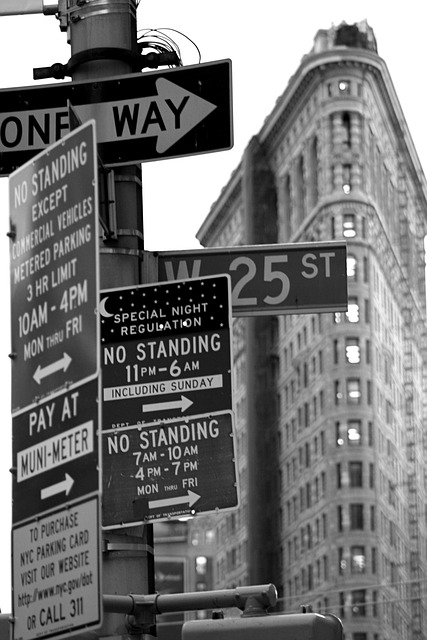Sexual assault hazing within social and athletic groups in New York is a growing concern, addressed by state laws prohibiting such activities (General Obligations Law § 3401 et seq. and Penal Law § 240.35). Victims can seek justice with the help of specialized hazing abuse law firms that offer tailored support, navigate legal systems, and advocate for their rights. These firms play a crucial role in holding perpetrators accountable, providing closure, and ensuring survivors receive adequate compensation and support services from non-profit organizations and government agencies. Education initiatives and legal reforms further empower survivors to come forward without fear of retaliation.
Justice for Sexual Assault Hazing Victims in New York
Sexual assault within hazing rituals is a disturbing phenomenon, often leaving victims with lasting trauma. In New York, understanding and addressing this issue is crucial. This article explores the legal perspective on sexual assault hazing, examining current laws and protections in place for survivors. We delve into the challenges they face in the justice system and highlight the vital role of specialized hazing abuse law firms. Additionally, it offers steps towards support, reform, and ensuring victims receive the justice they deserve.
Understanding Sexual Assault Hazing in New York: A Legal Perspective
In New York, sexual assault hazing is a growing concern, particularly within social and athletic groups where power dynamics can easily facilitate abusive behavior. This phenomenon involves non-consensual sexual acts or requests as a means of initiation or punishment, often causing severe emotional and physical trauma to victims. From a legal perspective, New York’s hazing abuse law firm plays a pivotal role in advocating for the rights of those affected by such incidents. The state’s General Obligations Law § 3401 et seq. explicitly prohibits hazing activities, including sexual hazing, and provides civil remedies for victims seeking justice.
These laws recognize that hazing can take various forms, ranging from physical harm to psychological coercion. When sexual assault is used as a form of hazing, it not only violates basic human rights but also undermines the principles of consent and respect. Legal action against perpetrators and organizations that enable such practices can serve as a powerful deterrent, ensuring accountability and providing closure to victims who may have faced silence or dismissal in the past.
The Current Laws and Protections for Victims
In New York, hazing abuse is taken seriously under the state’s comprehensive legal framework designed to protect victims of sexual assault and harassment. The Hazing Law (Penal Law § 240.35) specifically addresses incidents involving forced or coerced acts that are humiliating, dangerous, or harmful. Victims of hazing-related sexual assault can seek justice through a dedicated hazing abuse law firm in New York, which specializes in navigating the legal system to ensure fair treatment and compensation.
The state’s laws empower victims to take action against perpetrators and organizations responsible for hazing rituals or activities. This includes filing criminal charges and civil lawsuits for damages. Support services are also available through various non-profit organizations and government agencies, offering counseling, legal aid, and advocacy to help survivors heal and rebuild their lives. These protections aim to hold perpetrators accountable while providing a safety net for those who have suffered due to hazing abuse.
Challenges Faced by Survivors in the Justice System
Survivors of sexual assault within hazing rituals often face unique and significant challenges when navigating the justice system in New York. These cases, though serious, can be complex due to the sensitive nature of the crimes and the potential for power dynamics between accusers and accusers. Many survivors struggle with trust issues, fear of retaliation, and the emotional burden of reliving traumatic experiences, which can hinder their willingness to come forward and pursue legal action.
The presence of a specialized hazing abuse law firm in New York is crucial in addressing these challenges. Such firms have extensive knowledge of the state’s laws regarding hazing and sexual assault, enabling them to guide survivors through the legal process. They provide a supportive environment, ensuring that victims feel heard and understood while offering expert guidance tailored to their unique circumstances. This specialized support can significantly impact the outcome of cases involving hazing-related sexual assault.
Role of a Specialized Hazing Abuse Law Firm in New York
In the complex landscape of sexual assault and hazing cases, a specialized hazing abuse law firm in New York plays a pivotal role. These legal experts are equipped to navigate the intricate web of state laws and university policies that govern such incidents. With a deep understanding of the unique challenges faced by victims, they offer tailored support and representation.
A dedicated hazing abuse law firm in New York provides crucial assistance in several key areas. They conduct thorough investigations, gathering evidence and testimonials to build strong cases for their clients. Additionally, these firms advocate for victims’ rights, ensuring they receive the justice and support they deserve. Their expertise extends to negotiating settlements or representing clients in court, aiming to hold perpetrators and institutions accountable.
Steps Towards Effective Support and Reform for Survivors
Many survivors of sexual assault hazing in New York find solace and justice through specialized hazing abuse law firms. These firms are equipped to handle complex cases, ensuring that victims receive the support and compensation they deserve. The first step towards effective support is raising awareness about the unique challenges faced by hazing survivors. Education initiatives can help identify instances of sexual assault within organizations and promote a culture of accountability.
Moreover, legal reforms play a crucial role in protecting individuals from such abuse. Advocate for stricter regulations and penalties against hazing activities, ensuring that institutions take these incidents seriously. Supportive policies, including confidential reporting mechanisms and robust investigation procedures, can create an environment where survivors feel empowered to come forward and seek help without fear of retaliation.





